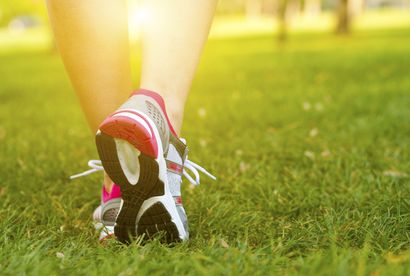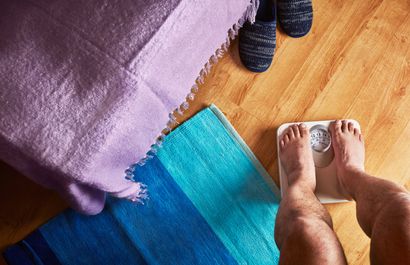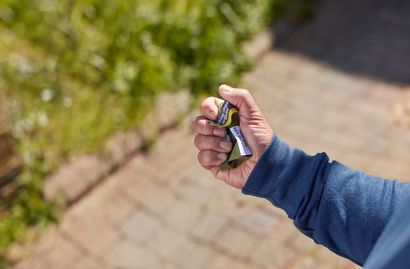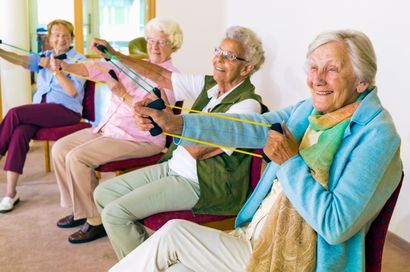Our qualified Health & Wellbeing Coaches are here to support you.
How are you?
One You Cheshire East is a FREE local healthy living service designed to support Cheshire East residents to start and maintain a healthy lifestyle.
We know it is not always easy in our busy lives to make the right choices when it comes to our health, but we are here to support you.
We can help you Lose Weight, Move More and Be Smoke Free. We also have other services available such as Stand Strong and Healthy Baby & You.
Start now by making small but effective changes to your lifestyle. Let’s start the journey to a healthier you and a healthier Cheshire East.







